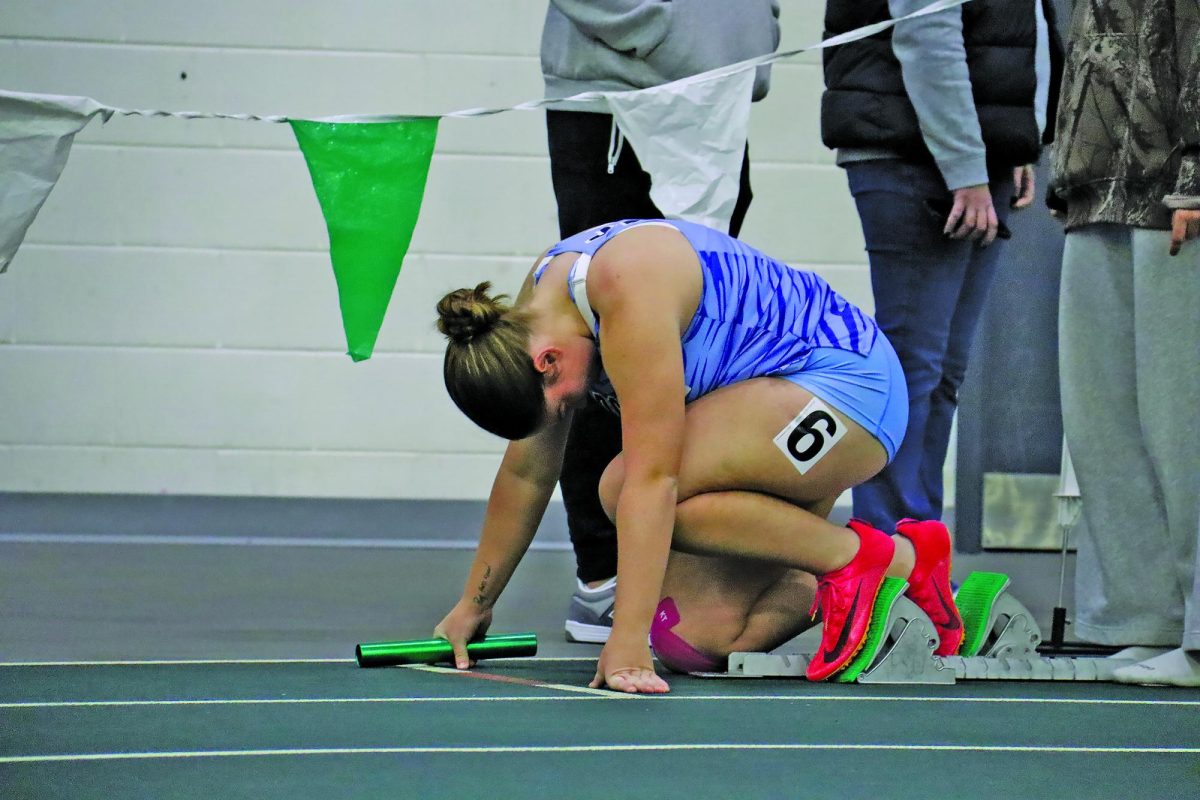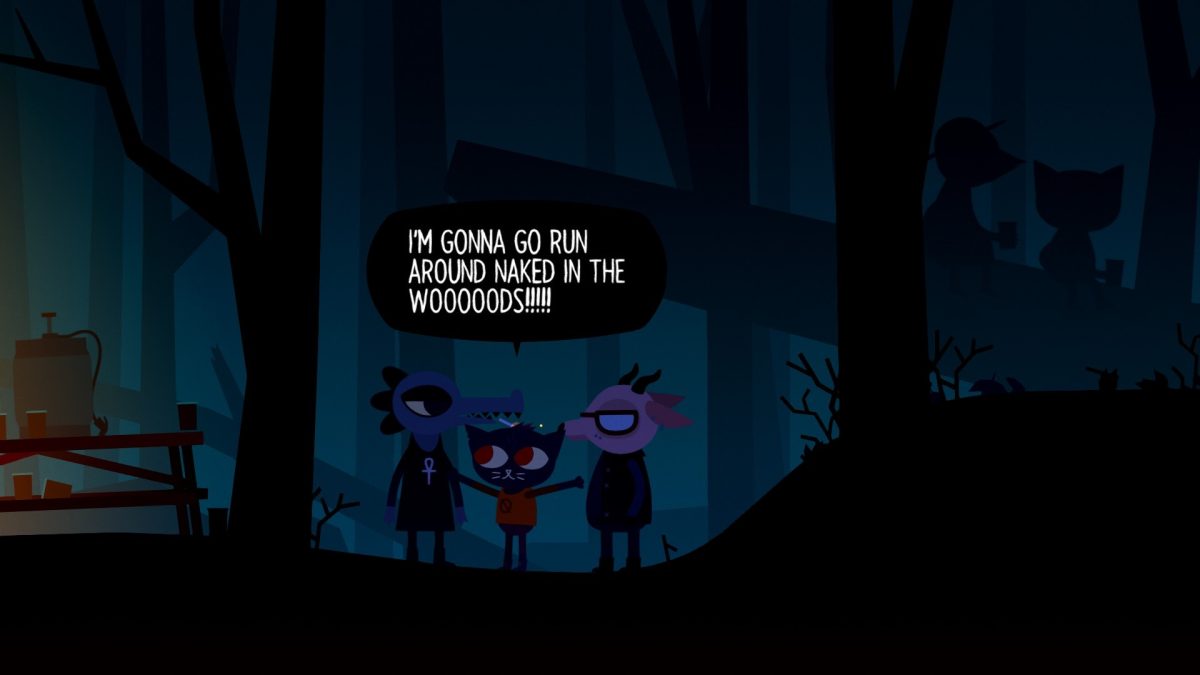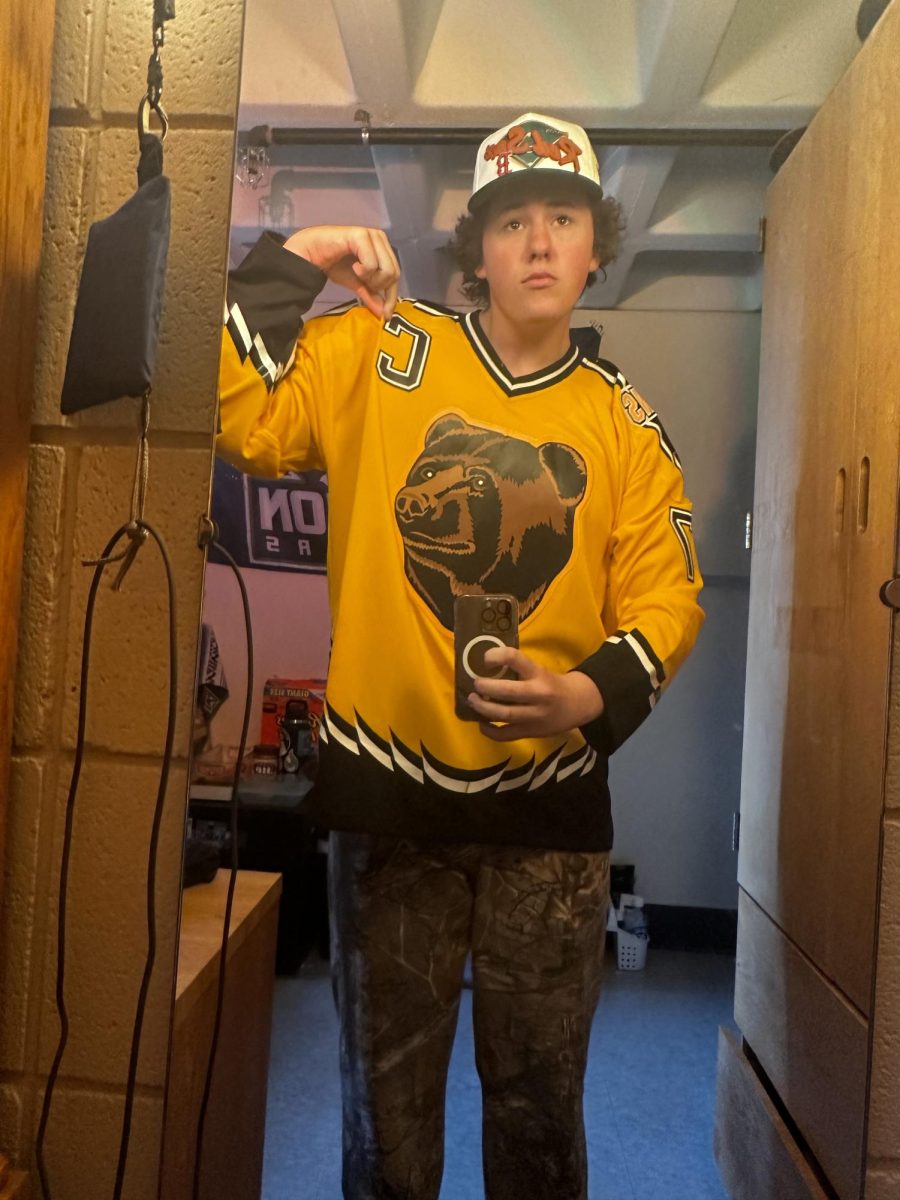I can respect the professional game, be it professional baseball, basketball, hockey, football, etc. With nothing else on the tube, I’ll spend an evening watching Kobe Bryant complain to the refs about why their “no-call” was an egregious mistake and how the league should covet the star. I’ll spend my Sunday afternoon listening to the announcers of an NFL game gossip about x or y’s contract issues and reasons why they’re not playing because they skipped work that week. And I’ll wake up early to watch Serena Williams botch a groundstroke or a serve and proceed to threaten a line judge because Williams thinks she has enough star power to overturn their decisions.
The similarity between all of these examples is obvious: they’re all being paid to play the sport. The professional sport, as you may know, has become, in some cases, a multi-billion-dollar industry. Student athletes attending Division 1 schools usually have one thing on their mind, and that’s to make it big as an athlete and make even bigger paychecks.
The promotion of professional athletics seems to be obfuscated by the business aspect. It’d be fine if professional athletes, for the most part, laid low and made efforts not to make spectacles of their stardom. But as legendary rock band AC/DC put it, “Money talks.”
These professionals have plagued their profession. It never used to be that way. When Magic Johnson and Larry Bird played, the game was respected, and the sport was passionately played by educated athletes. But now students are leaving the college game one year after enrolling in college to declare for the professional draft. The future of professional sports should not be about giving undereducated people, and at times criminals, a way to make millions.
Some college athletes have the smarts to stay in school and discover more about themselves before declaring for a professional draft. Professional sports may be plagued by exorbitant incomes and immature stars, but not all sports follow the same suit. Take college sports, for instance, and forget about what the student athletes either secretly or blatantly work towards. I love the college game. The intensity, the gameplay and the passionate play rival any other kind of professional sport. In the college game you see athletes who stand out from the rest, those who you know put hours and hours into their practice, who are smart not only because of their game-smarts, but because they’re able to excel academically, and who want to represent their schools the best they can.
The Zellar brothers, one attending UNC and the other at Duke University, are stars of the college game. They’re not paid for their efforts. They’re not told that they should maintain the 4.0 averages that they do. They’re not expected to excel athletically and mature as respectable young men. They do, though. And they’ve done all this passionately and tastefully.
College basketball arenas, every weekend, are crowded with screaming fans, either students of the university or devout fans of the game. ESPN has a show called “College Game Day” built around college sports, a day when the channel only airs the college games of that day. There’s so much respect around the college game, so much respect for the college coaches and players. The athletes don’t make a paycheck after every game. The coaches sign small contracts with the colleges. The game is sober, free of a publicity that plagues the professional game.
I point you to JSC athletics. The Badger’s basketball team mans a three-man roster, soccer can put together two teams with the number of student-athletes who try out and softball makes enormous strides as a small-town Vermont state college. Other teams, such as JSC tennis, XC and golf, have tougher times recruiting for athletes, yet in the end all three teams compile a solid list of players. And not one of them, from basketball athletes to golf athletes gets paid for their efforts. At their games, though, each and every one of the student-athletes commits to the game and represents the school proudly.
I should point out that it is illegal to pay a student athlete for playing a sport in college, or at any level for that matter. That being said, don’t you think the student athlete should first be focused academically and then athletically, should compete against opponents with passionate gameplay and sportsmanship? This goes for all college games, from the divisional sports to the clubs and intramurals.
It’s not enough for professional athletes to complain about their contract or a call made on the court. No, the stars need more. They require attention from all corners of the globe, to be played in as many ways as possible, and feel like they’re doing themselves and the rest of world good.
My advice for those superstars out there who think they’ve got it real good: curb the ego, Sport, because it’s still just a game. You’ll never be responsible for reinventing it; you’ll never contribute enough to the game to make it respectable if you continue to lavish it with your on-court and off-court antics. I liked you better in college, or for some high school, because that’s when the game actually meant something meaningful to you.







